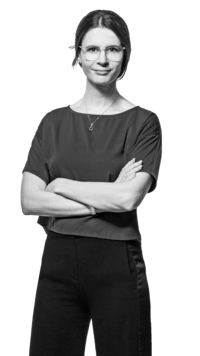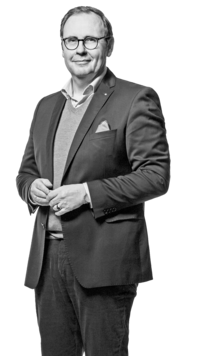The final forum of Re-Building Europe 2022 took place at Imperial Collegein London on the 29th and 30th of November
The journey reached its climax there providing insights on topics covered at the stops in Paris, Barcelona, Berlin, Basel and Oslo.
“The secret of change lies in focusing your energy not on fighting the old, but on building the new.”
We are eager to inspire you for this future – to break conventional thinking patterns, while cherishing heritage and history. It is clear that we need new answers, integrated approaches and a new form of collaboration and transparency – for ourselves and the world we live in. Re-Building Europe discusses the paradigm shift in urban planning and district development. We are aiming for solutions to position Europe as the leader in the global ‘future living’ battle.
Prelude on November 29
We warmed up by visiting two of the most outstanding projects in central London.
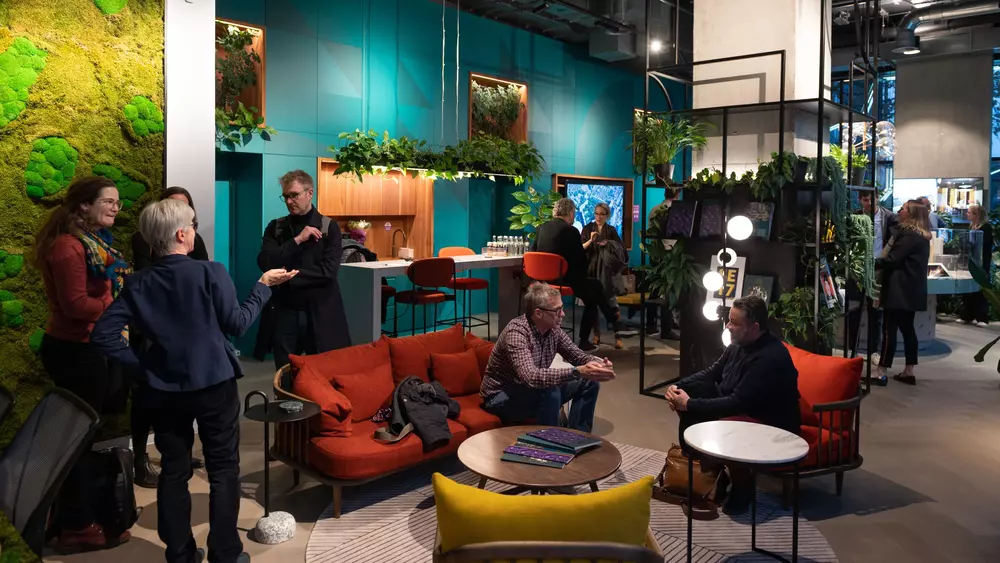
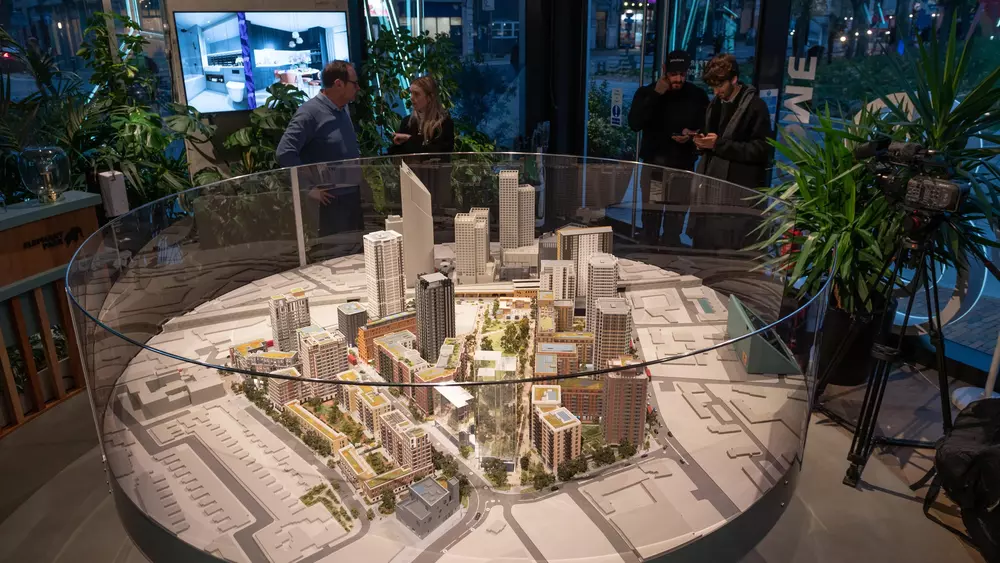
ELEPHANT PARK is a new mixed-use development by Lendlease in the heart of London, a transformation project offering a unique opportunity to be part of a new green vision for city living.
GRAINHOUSE is a heritage-focused refurbishment and extension by Hines to combine four buildings on a city block site in London’s Covent Garden and offering a mix of flexible retail, restaurant and gym use next to stylish workspaces.
In the evening everybody gathered in the entrance hall of the Imperial College for a Future Talk Panel and reception. The panelists were:
- Grigor Hadjiev, Head of Development, ESG & Innovation West Europe from Allianz RE
- Marco Abdallah, Head of Engineering International Markets
- Pru Ashby, Head of Sustainability at London & Partners
- Ben Cross, Development Director at General Projects
- Christoph Mohr, Assistant to the management board of E.ON
The panel discussed climate change and its effects on the cities, portfolios and the way we live. With a focus on refurbishments in the industry, it became clear that data is the foundation for efficiency, sustainability, innovation, talent attraction and the European DNA of successful districts.
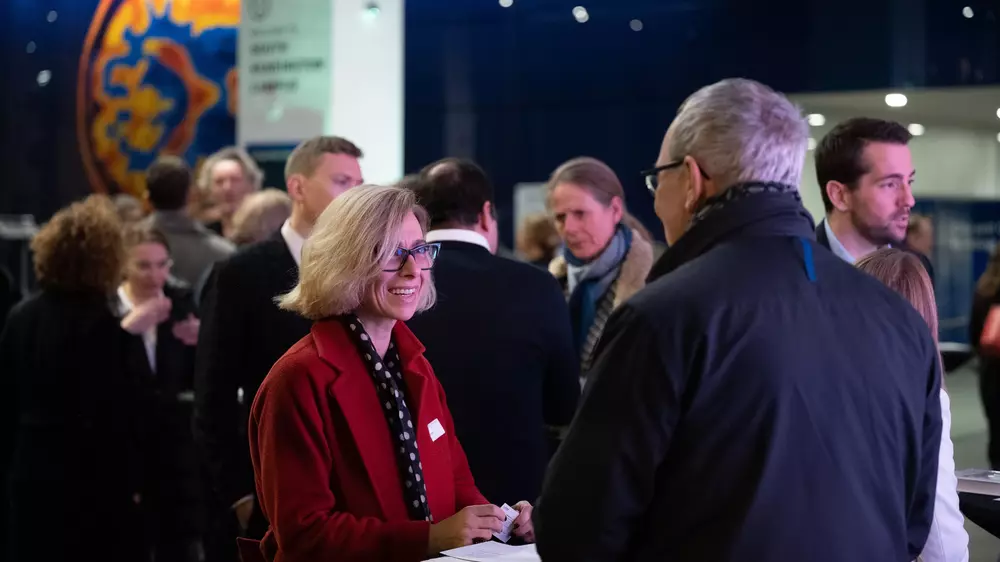
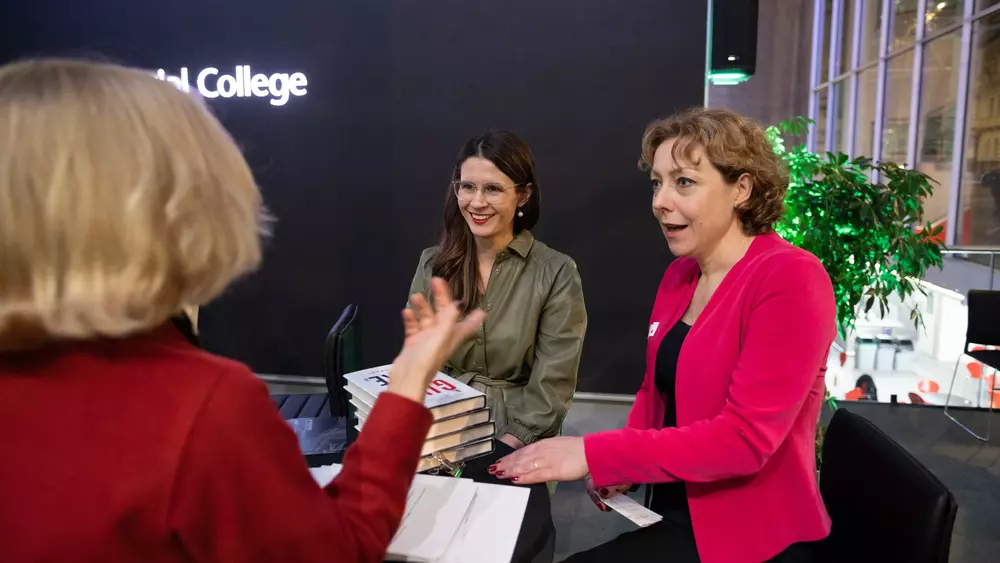

Recap Re-Building Europe 2022
For our recap of 2022, experts from all the stops on the 2022 journey were on stage to share their experience with us.
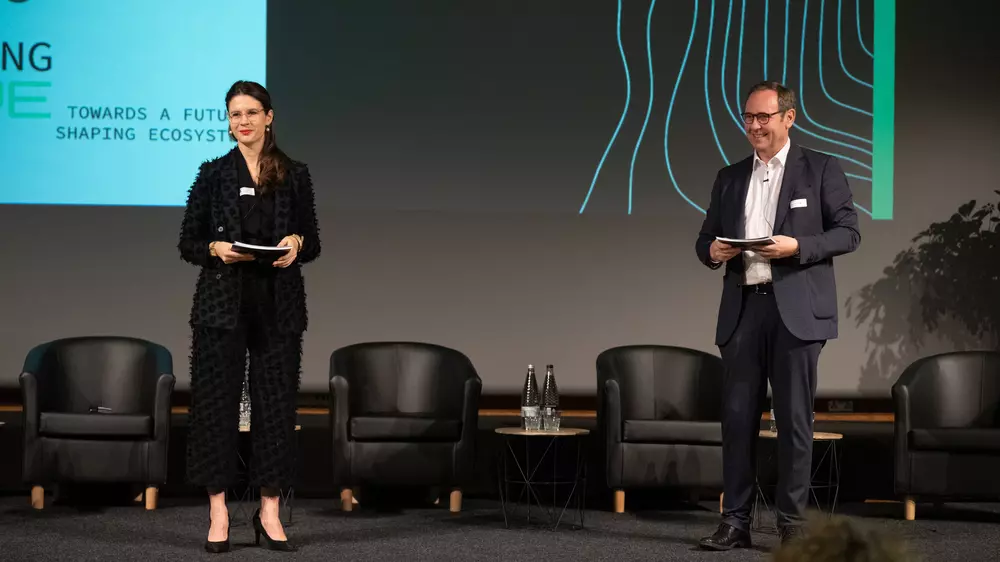
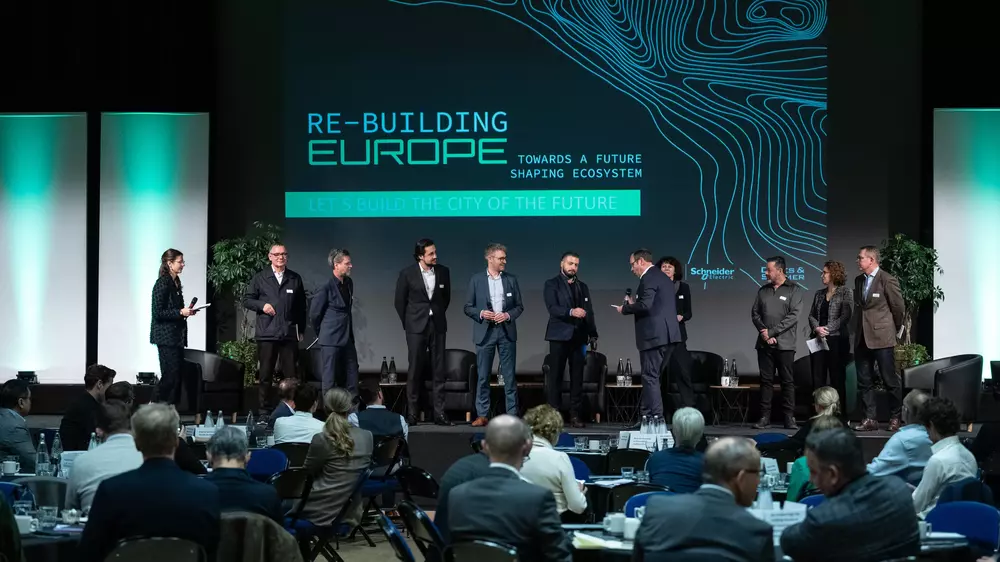
PARIS: ‘Towards the future of urban district developments’ was our topic at the kick-off in Paris – debating the European vision of future living in an international ecosystem.
BARCELONA: Nestling between the Mediterranean and mountains, Barcelona has limited space. Smart, sustainable and human design principles have been integrated into planning of the innovation district 22@Barcelona as well as the upcoming Zona Franca district, which focusses on Industry 4.0. Both districts have preserved their heritage while undergoing transformation into modern living space.
MILAN: Milan has recently been developing towards a sustainable city. EXPO was indeed a paradigm shift for Milan. The MIND project is a postindustrial transformation and a unique opportunity for urban renewal with a positive social impact that enhances inhabitants’ wellbeing and the health of the planet.
BERLIN: The EUREF campus in Berlin is famous for its strong positioning on energy, sustainability & mobility! It showcases the energy transition in various ways as well as demonstrating the potential for corporates in the area. The energy supply is carbon neutral and the campus has been meeting the government net zero targets for 2045 since 2014.
BASEL: The city of Basel is establishing a trinational political framework and a common set of rules to simplify crossborder cooperation. The kHaus, a former military barracks, promotes exchange, synergies, interaction and encounter both within the building with our users, organizers and visitors, but also on the premises, in the vibrant neighborhood, and with neighbors and interested parties in the city and beyond.
OSLO: In Oslo we looked beyond! Beyond our planet – into the universe with all its possibilities and options. We imagined a webbed city with interconnected islands that grow without destruction, based on a symbiosis of mankind and nature into a purpose-driven bioeconomy.
Keynote by Patrik Schumacher
The threefold solutions of density, voids and bridges could be an architectural answer – a shift from conventional monofunctional developments with standalones to a new type of space usage within and between buildings. Density is not only a matter of saving space and the efficient sharing of services, but also a matter of knowledge sharing and cooperative integration within creative clusters. The time is ripe to challenge the standard (tower) typology and demand that it too participates in the general societal transition from Fordism to post-Fordism. Change is essential.
Panel discussion: ‘Urban solutions for the future of european cities’
The Urban Solutions for the Future of European Cities panel discussed several challenges such as inflation and climate change as well as solutions for the future of European cities and new forms of collaboration and community building. The conversation turned shortly to the regulatory perspective and the role of policymakers.
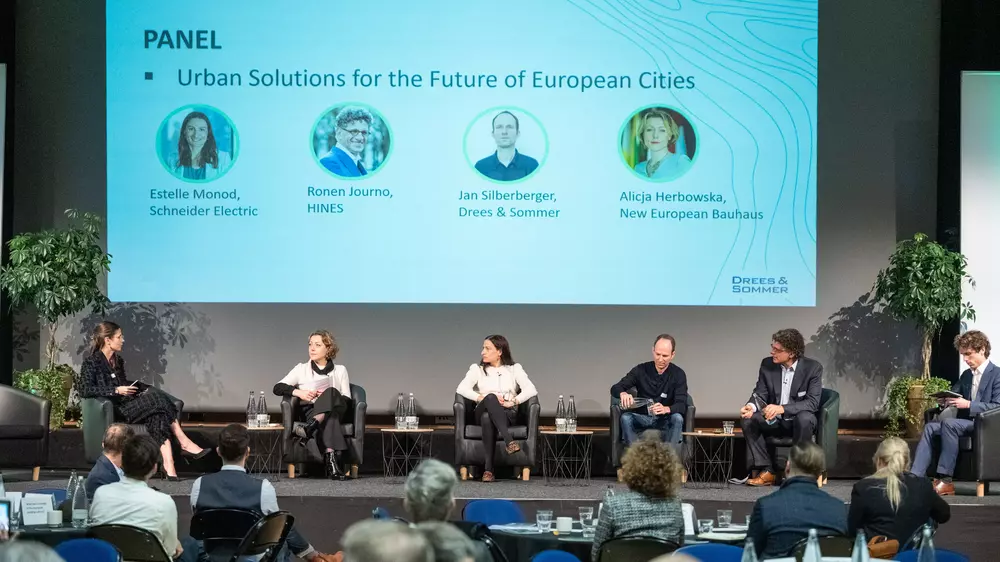
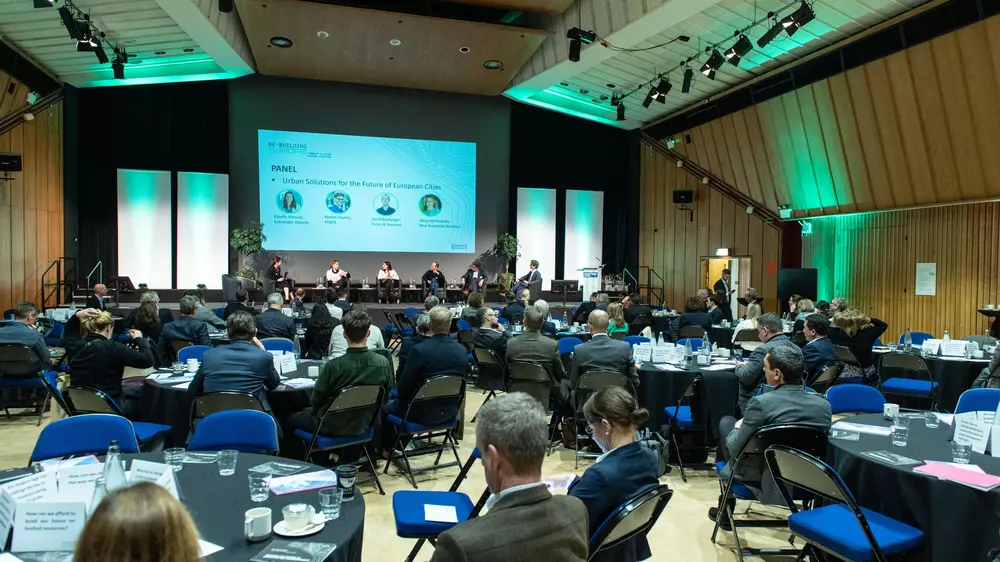
Our panelists:
- Alicja Herbowska, Deputy Head of the Unit New European Bauhaus and Directorate-General at Joint Research Centre
- Estelle Monod, Senior Vice President of Digital Energy Segments & Strategy and Building Segments President at Schneider Electric
- Jan Silberberger, Advisor Strategic Design at Drees & Sommer
- Ronen Journo, Senior Vice President for Management Services at HINES in Europe
FOCUS TALKS
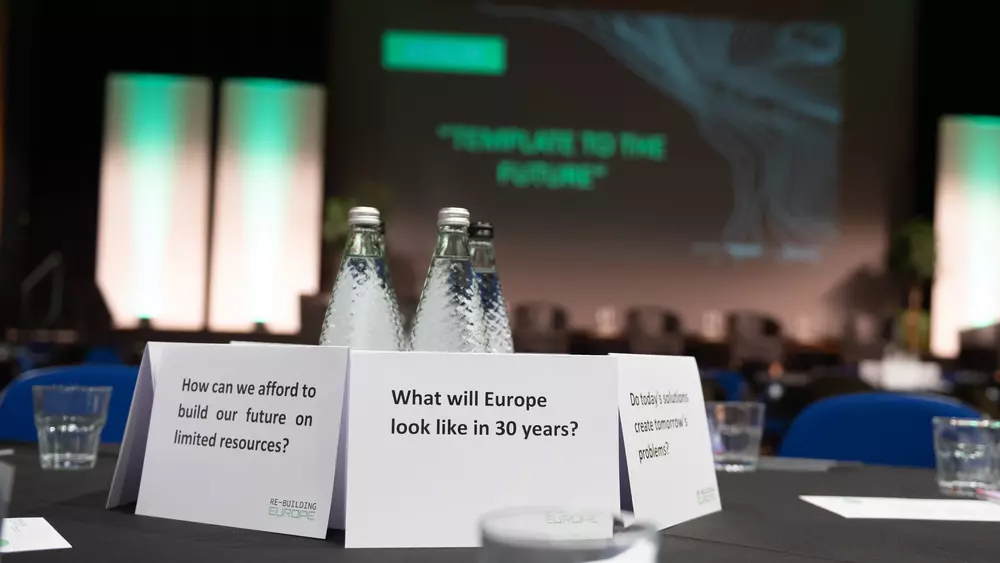

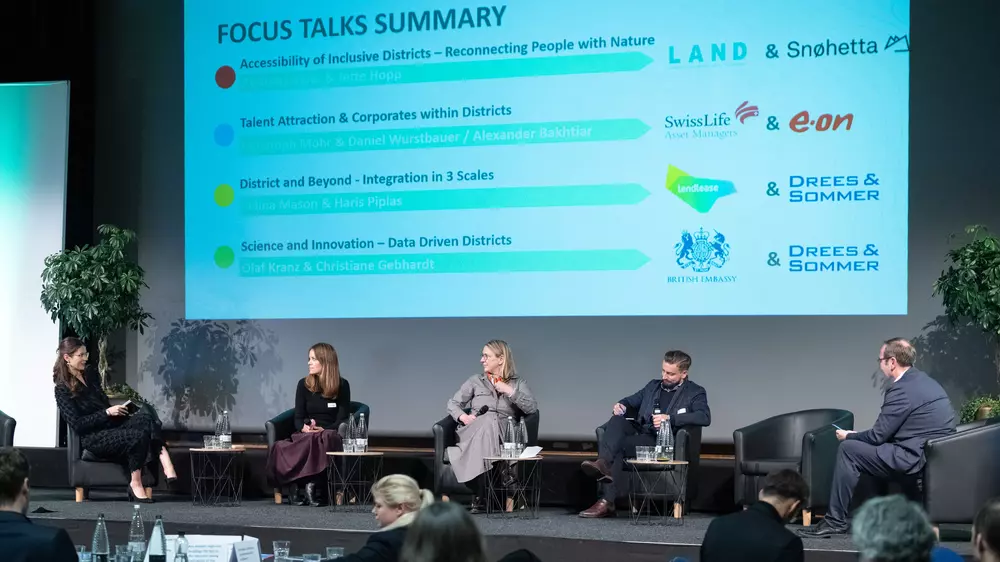
1. From evidence to action
What role can science and research play in planning future smart and sustainable cities? This was the key question in the workshop, hosted by Dr. Olaf Kranz from the British Embassy’s Science & Innovation Network and Dr. Christiane Gebhardt, Head of Integrated Urban Solution at Drees & Sommer.
Brief keynotes from Dr. Philipp Rode, the Executive Director of LSE Cities and Roxana Salvcheva, International Partnerships Team Lead at Connected Places Catapult turned the subsequent debate about research and data into a fruitful discussion about action, emotions and trust. With climate change accelerating, Reframing our city concepts is a matter of urgency.
The following are needed to accelerate urban transformation and to move from evidence to action:
- Government investment in innovation and ecosystems to stimulate future developments by attracting talent
- Reaching the social tipping point through urban experiments, for example in urban transport and real estate development methods
- Creating a new narrative based on vision, trust and emotion
The workshop will be continued in virtual format in 2023.
2. Accessibility – reconnecting people with nature
“We have to rethink the value of nature and see the nature as a client.” That was the takeaway message from Jette Hopp, Director at Snohetta and Andreas Kipar, CEO of LAND summarizing the Focus Talk ‘Accessibility in inclusive districts – reconnecting people with nature’.
Any project in the design phase should be carbon negative with Cradle-to-Cradle carbon assessment including embedded carbon equivalents of materials, transport, construction, consumption, recycling and maintenance. Any completed project should be socially sustainable with a positive impact on social interaction and greater equality and accessibility while improving community engagement.
Future cities and districts drive social and environmental change in dialog with an urban landscape that creates inclusive public spaces. We also have to change the perspective from ‘back to nature’ to ‘let’s embrace nature’.
3. District & beyond – integration on three scales
Giuliana Bonifati from LAND and Dr. Haris Piplas from the Integrated Urban Solutions team at Drees & Sommer outlined the three scales of the district, its neighborhood and its regional integration.
The most difficult aspect is collaboration between a district and its surrounding neighborhoods. The MIND project in Milan showcased a best practice example on how the connection can be achieved via green and blue infrastructure.
This was followed by a presentation from Selina Mason Director of Masterplanning from Lendlease, who presented three projects for each scale in the United Kingdom. The lively discussion quickly turned into critical voices questioning the integration of users in the planning process, the influence of developers on neighborhoods and identity and community-building within them.
4. Talent attraction & corporates within districts
The focus talk hosted by Dr. Daniel Wurstbauer & Alexander Bakhtiar from BEOS as well as Christoph Mohr from E.ON discussed the momentum of urban transformation towards more sustainable, resilient and livable cities by rethinking our districts.
When revitalizing former industrial estates, for example, we need to focus on mixed use, inclusion, and convenient mobility solutions. But we also have to ensure that new tenants will be attracted to these districts of the future and that employers located there attract (young) talent to work, live and spend their leisure time there. This can be achieved with technological solutions such as E.On’s low-temperature energy systems for city districts (power, heat and cooling).
However, the open discussion at the Focus Talk then centered on the issue of providing affordable housing for city residents. The price increases in cities in recent years have been dramatic. Overall, it will come down to an intelligent combination of many new construction and renovation projects, and regulation by policymakers.
Panel discussion: ‘Urban density and the vertical city’
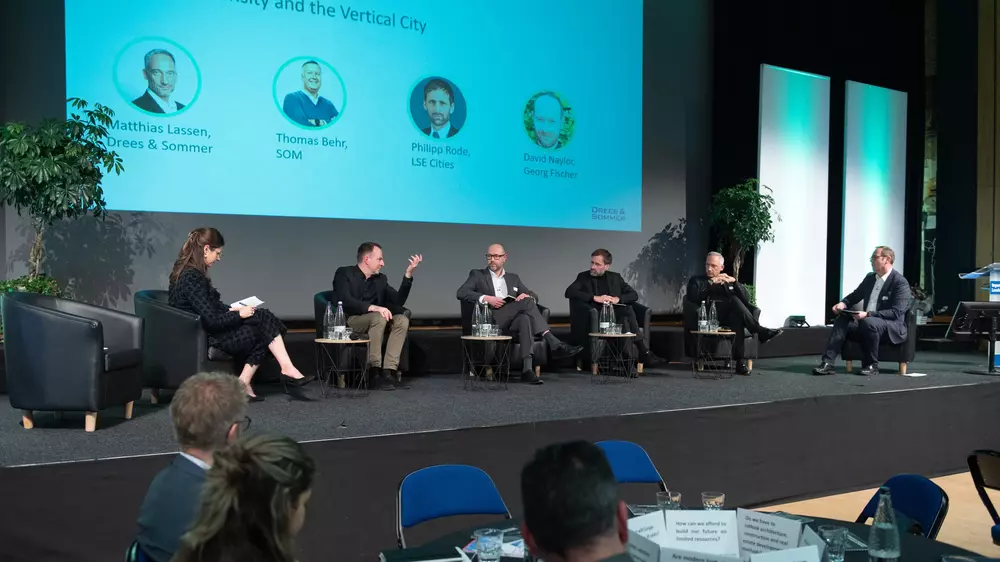
In 2008, around 50% of the world’s population lived in cities. By 2040, this proportion is expected to rise to 65%. Each week, some 1.3 million people move into cities. As the pace of urbanization quickens, cities face immense challenges with regard to issues such as waste management, mobility, climate adaptation and energy. We joined the following panelists in discussing whether the vertical village is the right answer increasing urban density and for our urban society.
- Bernhard Rettig, London Leader of the City Design Practice at SOM
- David Naylor, Head of Product Management at GF Piping Solutions
- Philipp Rode, Executive Director of LSE Cities
- Matthias Lassen, Architect and Senior Team Leader at Drees & Sommer
GET In TOUCH
